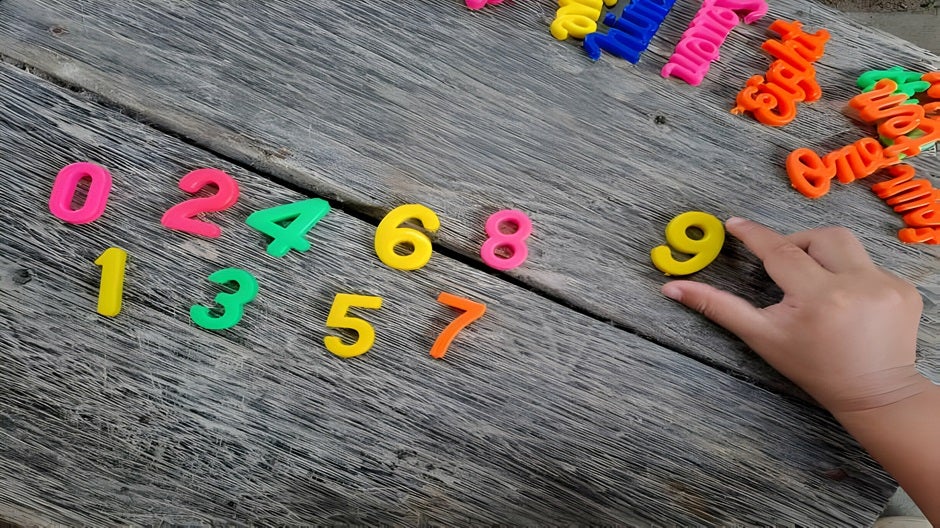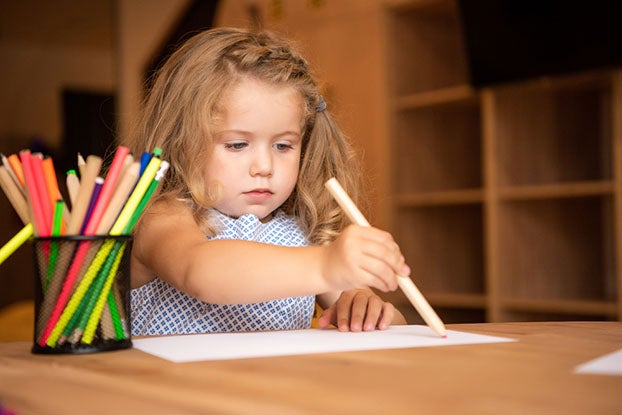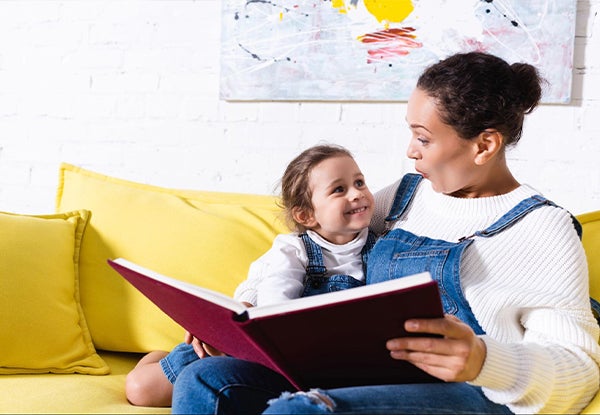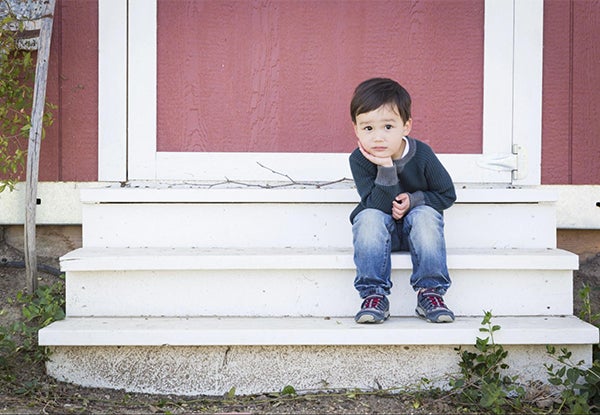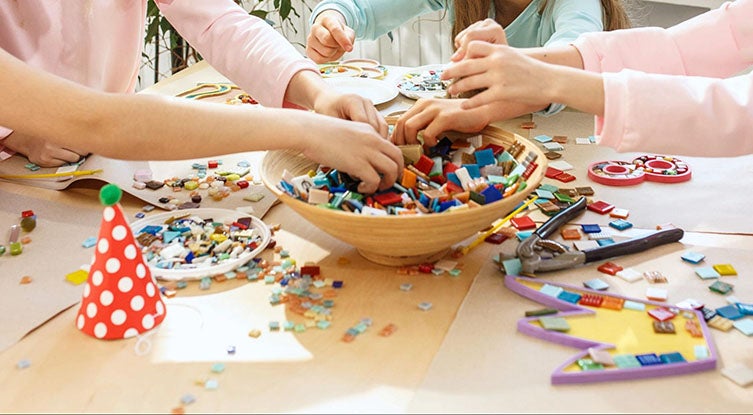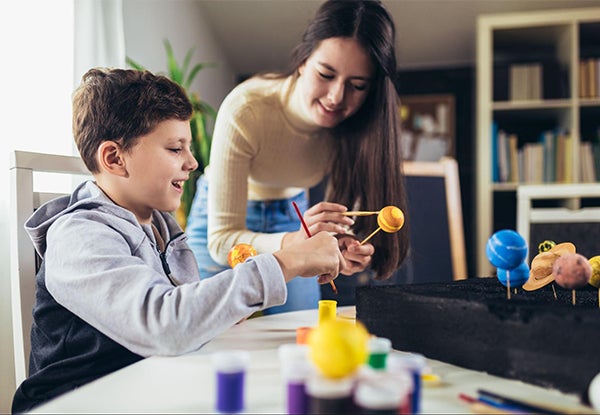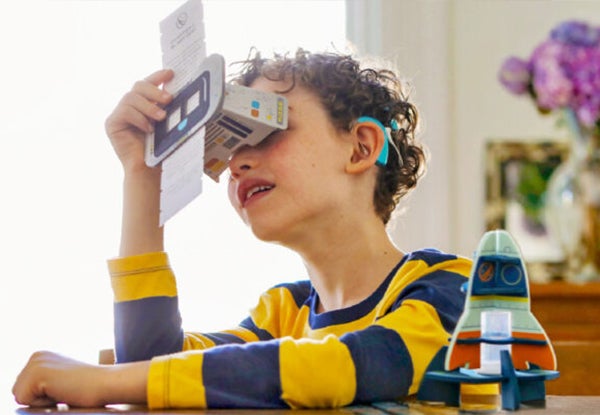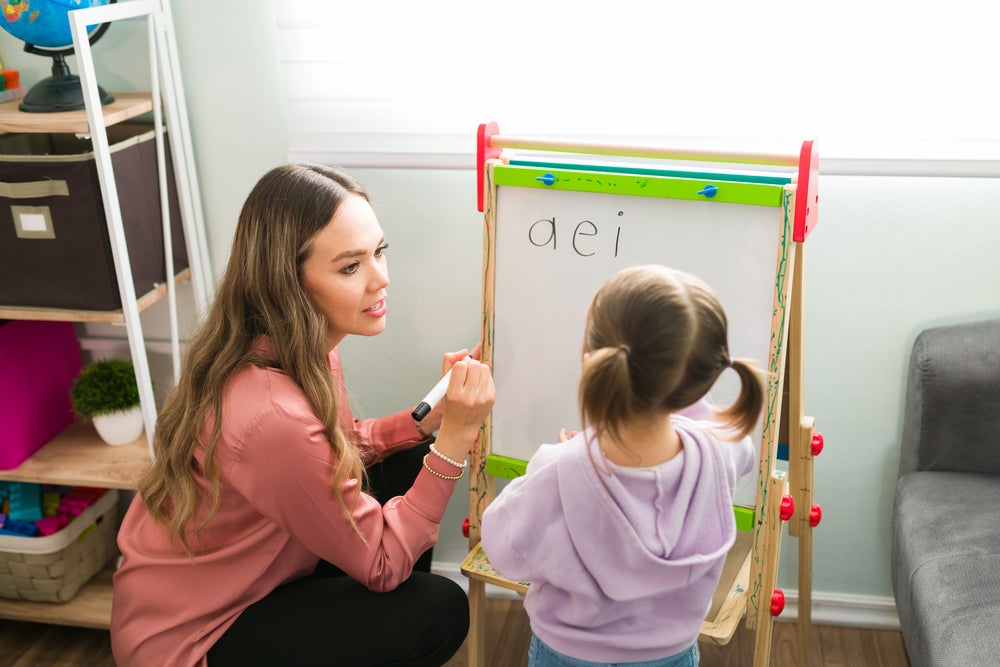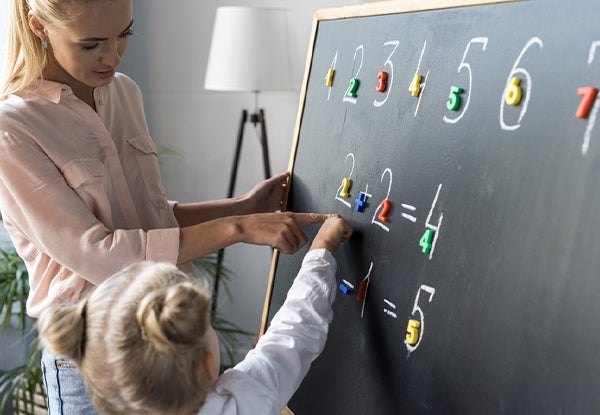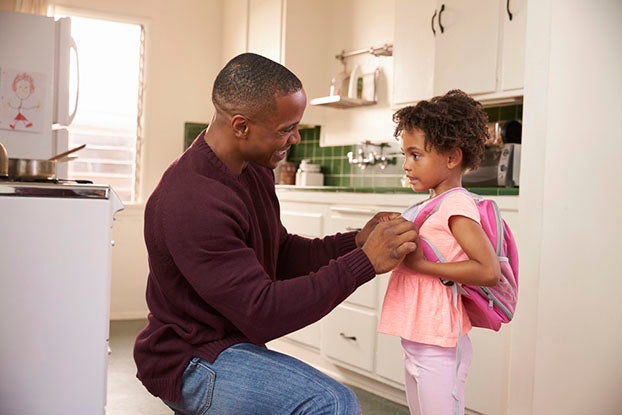by Laura Fitzgerald Cooper, Mother of 3 Boys & Author, NoRealPlot
Ah, the adorable kid blooper. They say “I led the pigeon to the flag.” They sing “Gladly, the Cross-Eyed Bear.” Their moms get “very close veins.”
You know what we mean. You have your own favorites. Other people’s lists clog your spam folder. Just try googling “funny kid misunderstandings” and watch the hits proliferate. There’s even a word for them: they’re “mondegreens.”
And sure, it’s funny, those crazy exam answers we hear from beleaguered teachers. Socrates died from an overdose of wedlock. Gutenberg invented the Bible. Lincoln’s mother died in infancy, and he was born in a log cabin he built with his own hands. Hilarious, right?
We’re torn when our own darlings come out with a howler. Should we correct the child who thinks the “naked” rotisserie chickens once lived in a different coop from the chickens with feathers? Should we then explain all about the choices cooks have when seasoning roasts? Or keep quiet and tuck the naked chicken story away to entertain our buddies later?
Yep, kid bloopers. It’s all fun and games until somebody gets hurt.
Here’s how to keep yours on the right side of that line. Start with the obvious fact (so obvious we’re kind of sheepish saying it) that the more you read to your child about the real world, the more she reads for herself, the more you talk about it – the deeper habit of just plain knowledge you build in your family – the less likely your child will be to think that “Romans” were called that because “they moved around a lot.”
Obvious, yes. And it’s also obvious that learning facts about the real world will improve your child’s working vocabulary, both spoken and read. Words learned correctly, learned from stories and accounts that make real sense and have actual substantive coherency, stick in memory better than words encountered in the abstract, unconnected to knowledge about the facts and ideas they describe. Just try memorizing a list of random words in a foreign language. You’d be like the child who said that in the Olympics the Greeks hurled the biscuits and threw the java.
But here’s something less obvious. Studies show that actual knowledge doesn’t just increase a child’s working vocabulary, adding the words she learned to comprehend when collecting that knowledge in the first place. Actual knowledge about one thing also makes it easier for a child to learn the substance and the vocabulary that belong to the next body of knowledge. Knowing more, and knowing more words, make it easier to learn even more. More words. More comprehension. More knowledge.
Learn with Homer can help with that. Our early reading app doesn’t just teach your child letters and sounds, and how to glue them together into words she comes to recognize (though it does a great job of building those essential skills). The app also gives your child real knowledge about the real world, and the vocabulary to understand it.
So your child can discover animals and anatomy, science and history. Real history. Like in our new Presidential Pack, which introduces young readers to George Washington, Thomas Jefferson, and Abraham Lincoln. And takes them on a guided tour of Monticello, Jefferson’s beloved Virginia home, with help from Homer’s new partners, Monticello and the Thomas Jefferson Foundation. It’s an incredible journey back into the time and place of a real man who treasured curiosity and knowledge above almost everything else.
We all read to learn. Your young reader can, too.
Now. Please “’scuse me while I kiss this guy.”


